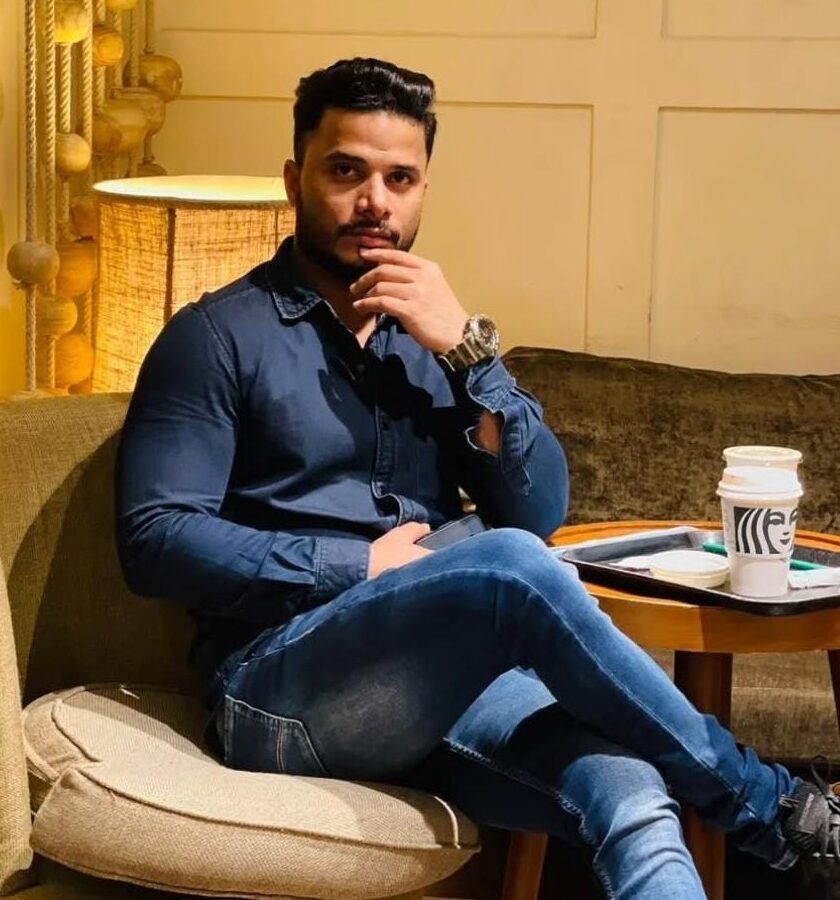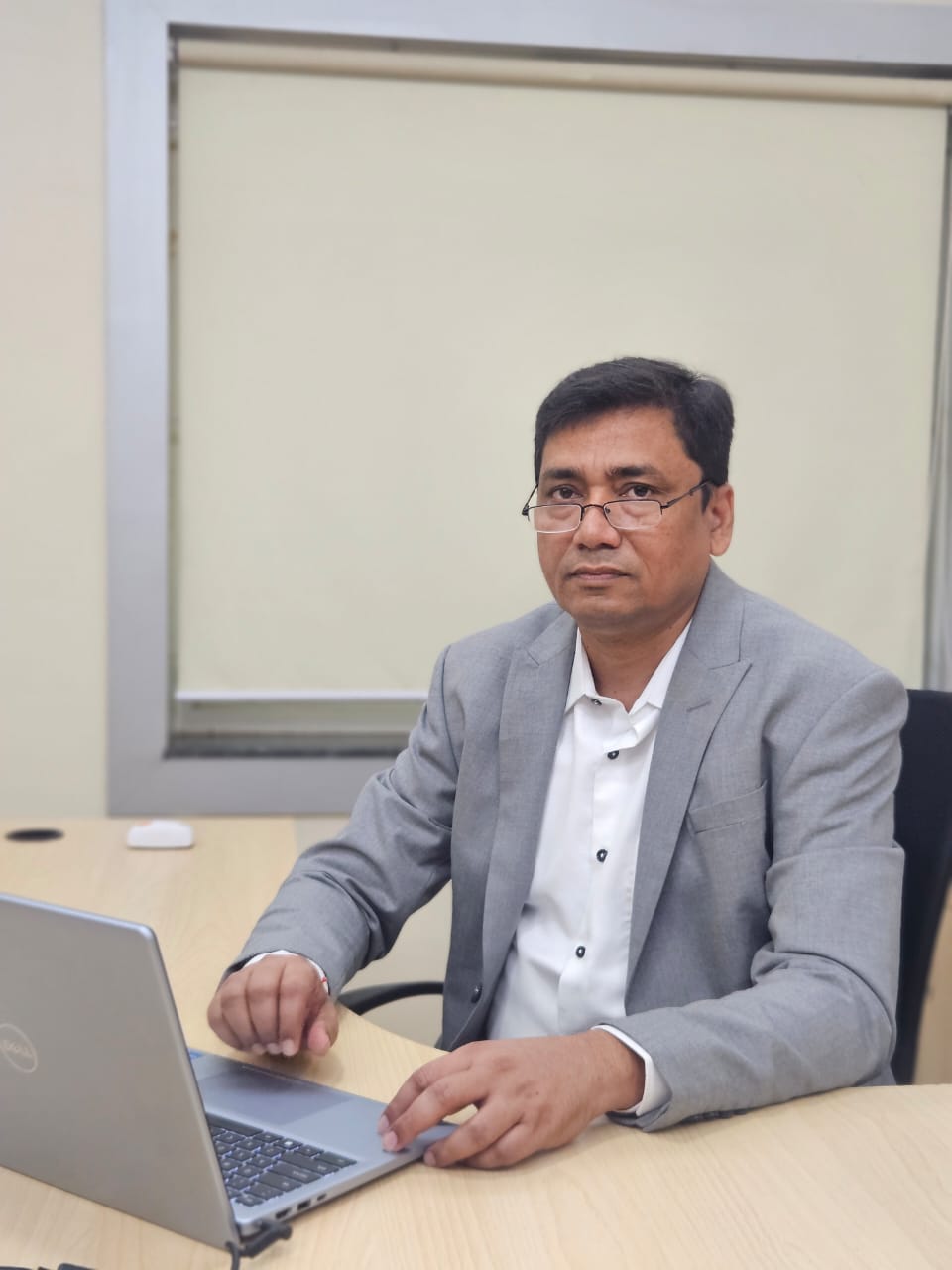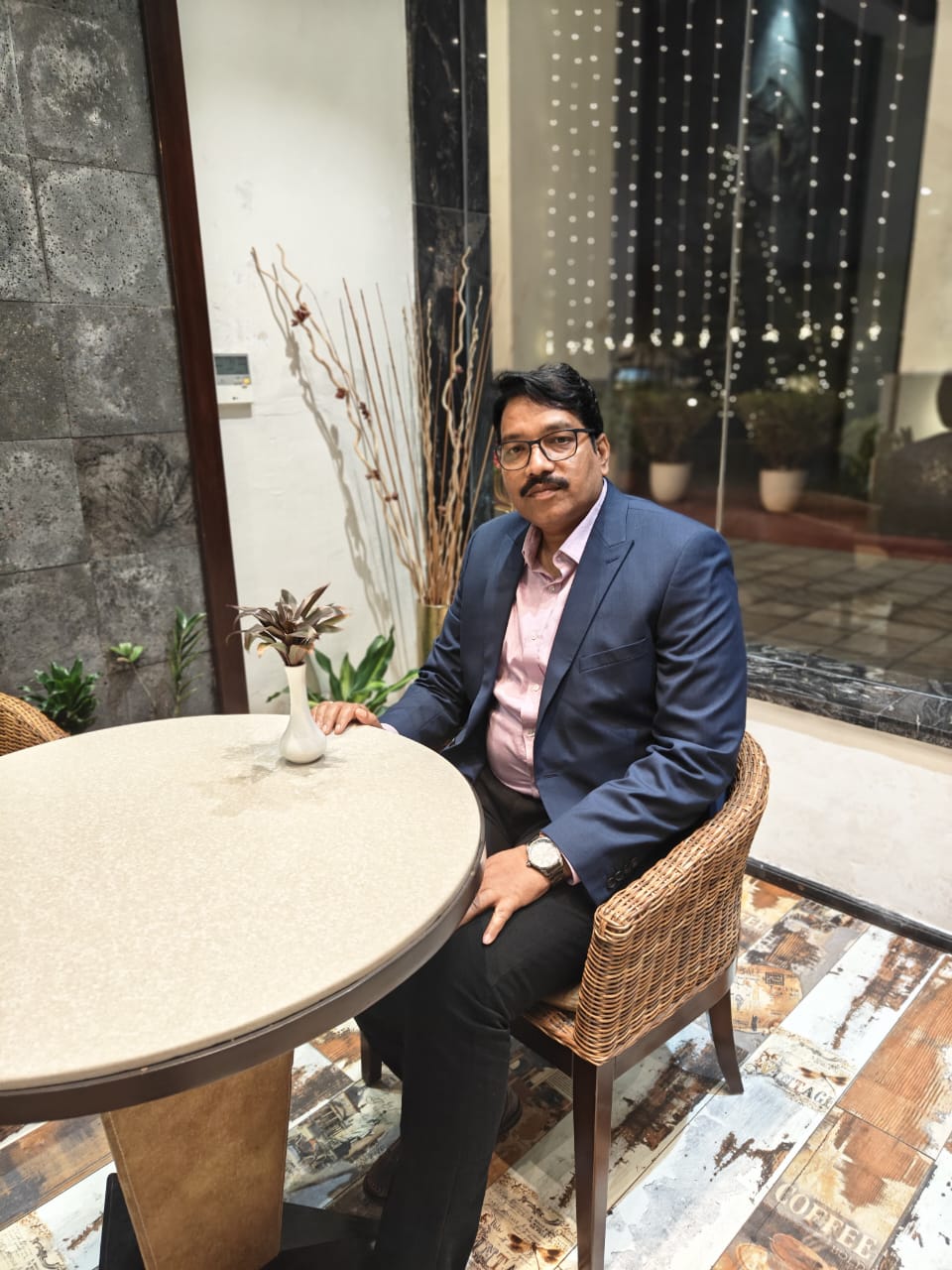Science is always evolving. One of the most important things science does is help the medical field. Today the world is seeing the rise of DNA testing and one man is at the forefront of the revolution in Odisha. Dr. Birendranath Banerjee the founder and managing director of INDNA is changing the landscape of Odisha with the help of DNA testing and his talented team. Dr. Banerjee, a master’s student in human genetics from Ramachandra Medical College Chennai and a Ph.D. holder who extensively studied breast cancer, sat down with us to discuss his journey and the story of INDNA.

Q1. How did INDNA start and what has been your motto?
When I came back to Bhubaneswar, I wanted to do research in human genetics and my goal was not just to publish my findings, I wanted to help the people. Helping people with the power of genetics studies is what I’m passionate about. It is the future of the world. My motto is to establish a working genetics lab that rivals the best labs all across the globe without compromising the quality and the affordability of the service. My aim was to establish an indigenous lab. Most other facilities in India take help from foreign countries but we had a desire to make India’s first indigenous lab. Apart from that, we were selected by the government and we were presented in San Diego, U.S.A in 2016 as India’s first indigenous lab.
Q2. How many years has it been since the journey began with INDNA?
We commenced our journey on 11th May 2012 but the registration and certification for the tests took time. We started in 2015 commercial and in 2017 we were affiliated with NABL. We applied to NABL in 2016 but they took time to vet us and by 2017 we were affiliated with NABL. During the process of certification with NABL, we have had 3 audits, 2 pre audits, and one actual audit and that took time for us to be affiliated with them. But we got our certification and we take pride in being one of the leading labs in the country and in the state who have been afflicted with NABL.
Q3. What are the difficulties you faced while establishing the lab?
Anything new is challenging. But the biggest problem that we had is the lack of knowledge
among people. People took issue with the affordability of services. DNA testing is new and slowly it is getting adopted. Before us, people didn’t have any place to get these tests and we can easily pinpoint the problems so that the customers don’t have to spend too much on other medical assessments and treatments. samples. Before us the same test was done in facilities in other states we did not have any operating labs here. So after we came we have made accessibility and affordability of our tests a priority. Another difficulty that we faced was, that it was a new idea and had certain taboos attached to it. But with the growth of our brand and the need for more DNA testing we have been able to capture people’s trust. Also, doctors are slowly adopting the new methods, the taboo surrounding DNA testing is gone down marginally.
Q4. How challenging is it to conduct a DNA test?
The protocols have been standardized and I have taken students who have been with me for a long time and helped me. We have trained professionals and people who are pursuing their Ph.D. They train with me and I have made a core team that operates with me and further they educate the next generation. For us conducting a D.N.A test is quite easy but it may seem difficult from the outsider’s perspective. We further conduct training programs for the upcoming future and pass down our knowledge and experiences to the younger generations so that they can further the people with their knowledge and education.
Q5. What Has been your major contribution in this field till now?
DNA as a molecule has been quite popular and the DNA tests are quite expensive. We are
trying to make it as affordable as possible and without compromising the quality of the work. I have a patent in which we can see the gene changes and due to this patented technology we can conduct our tests in an affordable manner. As I mentioned before, east India didn’t have many options and a lot of money was spent just to do the tests. We have changed that and we offer quality services at a reasonable price. Helping people is the biggest contribution I have made in this field.

Q6. Do awards motivate you?
Awards and recognition are a source of motivation but we don’t work for the awards but we work for the people. If someone recognizes our work is definitely welcomed and motivates us to work even harder. We set our own standards and goals and we work to achieve them. I personally don’t chase awards, I chase the goals that we set for ourselves and we achieve them to the best of our abilities so that we are able to provide the service that the people deserve.
Q7. What do you think about the future of genetics?
Before the pandemic people had little to no knowledge about genetics and when the necessity arose people educated themselves, so genetics are becoming more important than ever before us it is necessary and DNA testing helps to pinpoint the problem which makes it more efficient. We are in the era of molecular science, the worlds are converging and genetics is the future backbone of doctoral science.
Q8. Being a medical professional, what are your thoughts on the general health of people in Odisha?
Odisha is a big state with a huge diversity. We have tribal people who are in touch with nature and that helps them to be fit. But we also have places that have been fully industrialized and we have seen a slow decline in health in those regions. But still, We can say that Odisha people are blessed to have a good health index compared to other states. But Odisha has the highest rates when it comes to oral cancer because of the use of gutka and paan. If the use of gutka and paan is reduced the numbers relating to oral cancer can be brought down too. The health care system is changing too and with a government that is so proactive, it only helps us to believe that the future state of health in Odisha looks bright.
Q9. What is your message to the people?
I would say that humankind has just witnessed the biggest pandemic in human history, it has taught us that health is very important, so I would say that now that we have different tools we should take a good look at ourselves and figure out if we are actually really healthy. One of the major concerns that I have is sleep deprivation among the next generation. Sleep is the best medicine and with growth in technology, we are always stimulated. So need to take a step back and we must eat healthily and have proper sleep.
INTERVIEWED BY- PRISITA DAS PENNED & EDITED BY- DEVESH






